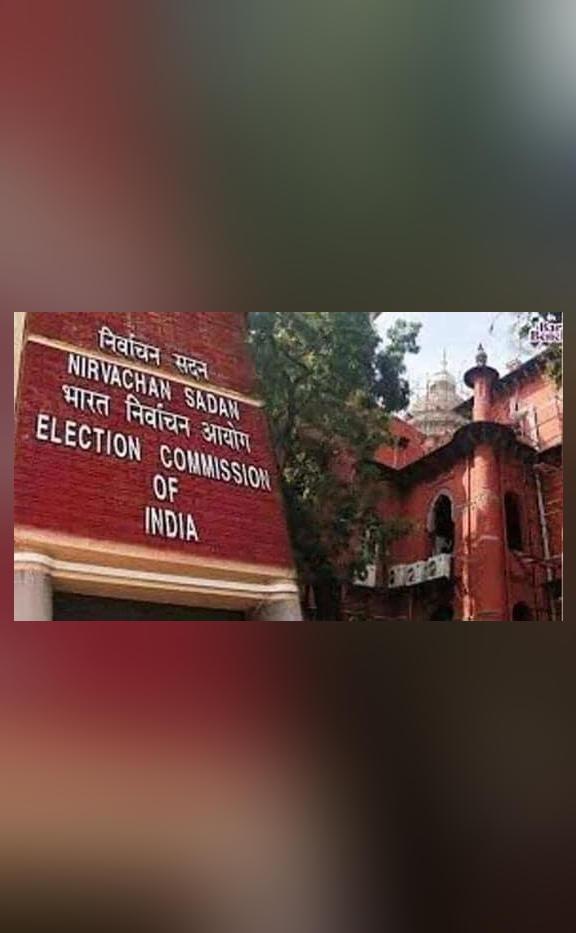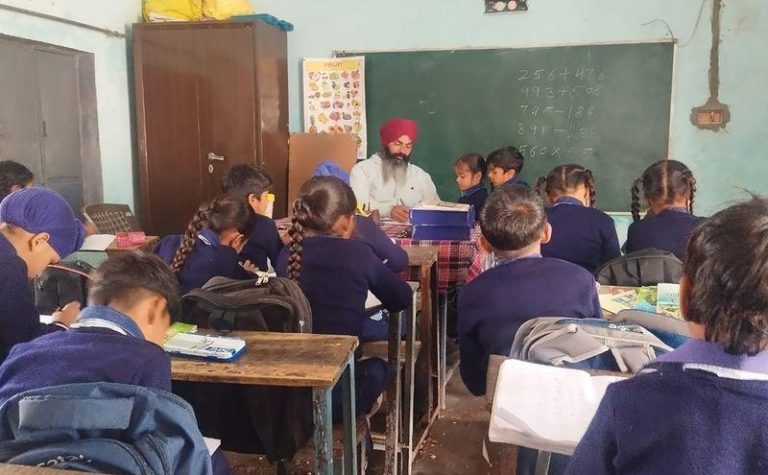
Aadhaar, Voter ID & Ration Cards Can’t Be Considered for SIR: ECI
The Election Commission (EC) has recently rejected the Supreme Court’s suggestion to accept Aadhaar, voter ID, and ration cards as standalone proof of voter eligibility in the ongoing special intensive revision (SIR) of Bihar’s electoral roll. This decision has been met with widespread criticism and disappointment, especially among those who were hoping to use these documents as a means to register themselves as voters.
The Supreme Court had earlier suggested that these documents could be used as proof of identity and age, thereby simplifying the process of voter registration. However, the Election Commission has rejected this suggestion, citing various reasons, including the fact that these documents are not specifically designed for electoral purposes.
The Election Commission has made it clear that a person’s citizenship will not terminate on account of not being part of the electoral rolls. This means that even if a person is not registered as a voter, their citizenship remains intact. This is a welcome move, as it ensures that individuals are not denied their basic rights and privileges solely on the basis of their electoral status.
The decision to reject Aadhaar, voter ID, and ration cards as standalone proof of voter eligibility has been taken to ensure the integrity and security of the electoral process. The Election Commission has emphasized that these documents are not foolproof and can be easily forged or manipulated. By requiring individuals to provide multiple forms of identification, the EC is ensuring that the electoral rolls are accurate and reliable.
In addition, the Election Commission has also emphasized the importance of verifying the identity and age of individuals before registering them as voters. This is a crucial step in maintaining the integrity of the electoral process, as it ensures that only eligible individuals are allowed to participate in elections.
The decision to reject Aadhaar, voter ID, and ration cards as standalone proof of voter eligibility has been welcomed by many, who believe that it will help to prevent electoral fraud and ensure the integrity of the electoral process. However, others have criticized the decision, arguing that it is undemocratic and will prevent many individuals from exercising their right to vote.
The use of Aadhaar, voter ID, and ration cards as proof of identity and age has been a contentious issue for many years. Proponents of these documents argue that they are convenient and easy to use, and that they can help to simplify the process of voter registration. However, critics argue that these documents are not foolproof and can be easily manipulated or forged.
The Supreme Court’s suggestion to accept these documents as standalone proof of voter eligibility was seen as a major breakthrough by many, who believed that it would help to increase voter registration and participation. However, the Election Commission’s rejection of this suggestion has been met with widespread disappointment and frustration.
The Election Commission’s decision has been taken in the best interests of the country, as it ensures the integrity and security of the electoral process. The use of Aadhaar, voter ID, and ration cards as standalone proof of voter eligibility would have opened the door to electoral fraud and manipulation, and would have undermined the very foundations of democracy.
In conclusion, the Election Commission’s decision to reject Aadhaar, voter ID, and ration cards as standalone proof of voter eligibility is a welcome move. It ensures the integrity and security of the electoral process, and it preserves the integrity of the electoral rolls. While some may argue that this decision is undemocratic and will prevent many individuals from exercising their right to vote, the benefits of this decision far outweigh the drawbacks.






